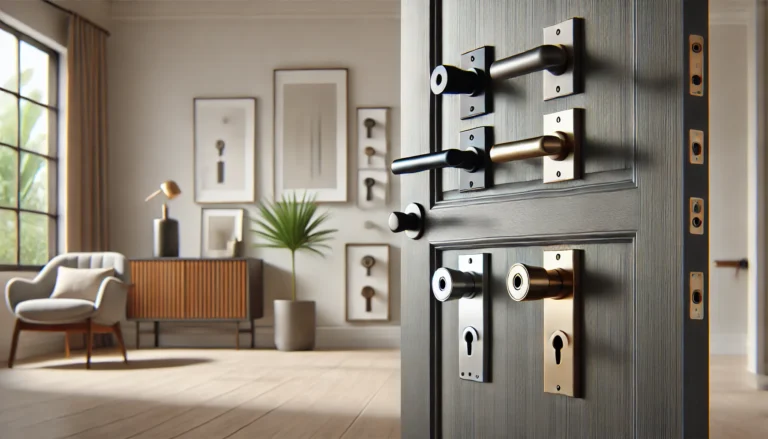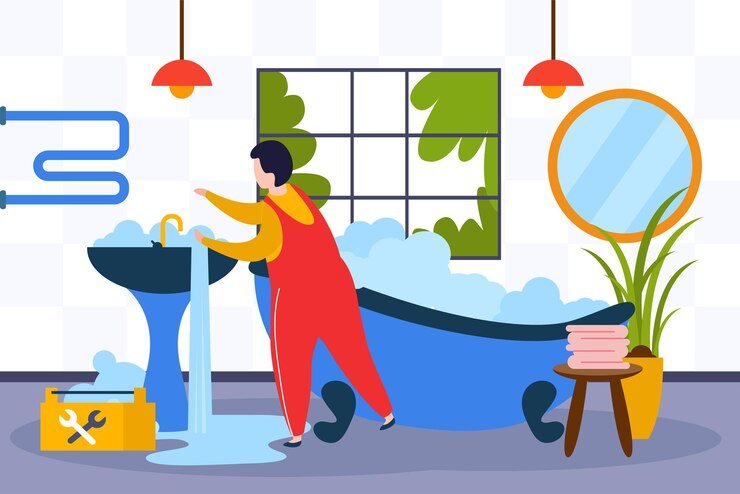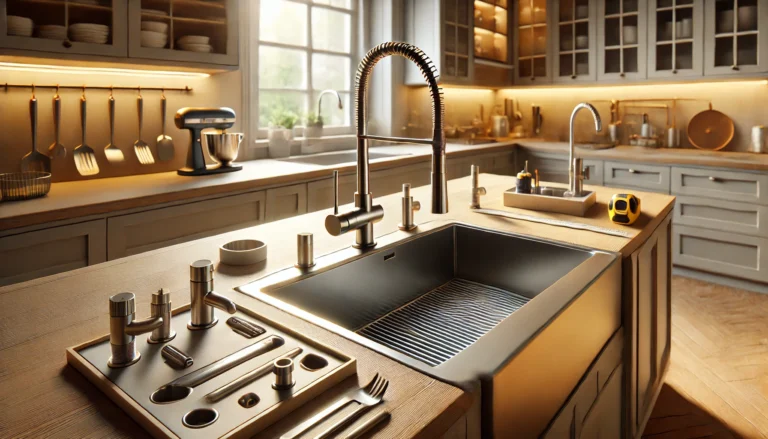Design for Home Care of Georgia: Creating Safe and Comfortable Spaces
Introduction
The design of home care spaces is an essential consideration for families in Georgia seeking safe, functional, and aesthetically pleasing environments for their loved ones. Whether it’s for elderly family members, individuals with mobility challenges, or those requiring special care, home care design plays a pivotal role in enhancing quality of life. With the growing demand for innovative and personalized solutions in the home care industry, creating well-thought-out spaces has never been more important.
Understanding Home Care Design in Georgia
What is Home Care Design?
Home care design involves creating residential spaces tailored to meet the specific needs of individuals requiring care at home. In Georgia, this includes accommodations for seniors, disabled individuals, and those recovering from medical conditions.
Relevance in Georgia
Georgia’s diverse demographics and aging population make home care design a vital service. Homes must be adapted to ensure safety, comfort, and accessibility for various needs.
State-Specific Standards
Designs must comply with Georgia’s building codes and healthcare standards, such as accessibility requirements under the Americans with Disabilities Act (ADA). These regulations ensure that home care spaces meet safety and usability criteria.
Key Elements of Effective Home Care Design
Accessibility
- Install ramps, grab bars, and handrails to facilitate easy navigation.
- Design wide doorways to accommodate wheelchairs and walkers.
- Place essential items at reachable heights to minimize strain.
Comfort and Aesthetics
- Leverage natural lighting to create a bright and inviting atmosphere.
- Incorporate ergonomic furniture for maximum comfort.
- Use calming colors, soft textures, and minimalistic designs to promote relaxation.
Safety Features
- Utilize non-slip flooring and corner protectors to prevent accidents.
- Install fire safety measures, such as smoke detectors and extinguishers.
- Equip the home with emergency alert systems for immediate assistance.
Benefits of Professional Home Care Design
Compliance with Standards
Professional designers ensure that your home adheres to all relevant safety and building regulations, minimizing risks and enhancing usability.
Personalized Solutions
Each individual has unique needs. Customized designs consider physical limitations, preferences, and lifestyle, ensuring a space that feels both functional and personal.
Improved Quality of Life
Thoughtfully designed spaces promote independence, comfort, and a sense of security for those receiving care at home.
Popular Trends in Home Care Design
Smart Home Technologies
- Integrate devices like motion sensors, automated lighting, and healthcare monitoring systems to improve safety and convenience.
Eco-Friendly Materials
- Use sustainable, non-toxic materials for healthier living environments.
- Install energy-efficient windows, lighting, and appliances to reduce costs.
Multi-Functional Spaces
- Design flexible areas that accommodate both caregivers and patients, such as convertible rooms or dual-purpose spaces for rest and therapy.
Conclusion
Investing in thoughtful home care design is an investment in well-being and safety. For residents in Georgia, creating customized, functional, and beautiful spaces ensures that loved ones can live comfortably and securely. By seeking professional guidance, you can transform your home into a haven that meets all care needs while reflecting personal style and warmth.
What is home care design?
Home care design involves creating safe, functional, and comfortable living spaces tailored to meet the needs of individuals requiring care at home.
Why is home care design important in Georgia?
It ensures safety and accessibility for seniors and individuals with special needs, addressing specific state regulations and standards.
What are key features of effective home care design?
Accessibility features like ramps, safety measures like non-slip floors, and comfortable aesthetics such as natural lighting.
How can smart technology improve home care?
Smart devices like motion sensors, automated lighting, and health monitors enhance safety and convenience in home care settings.
What trends are shaping home care design?
Eco-friendly materials, multi-functional spaces, and smart home integrations are popular trends.
Why hire professionals for home care design?
Professionals ensure compliance with safety standards and deliver personalized solutions to improve quality of life.
Why You Need to Read These Articles
The Ultimate Guide to Gray Kitchen Cabinets






